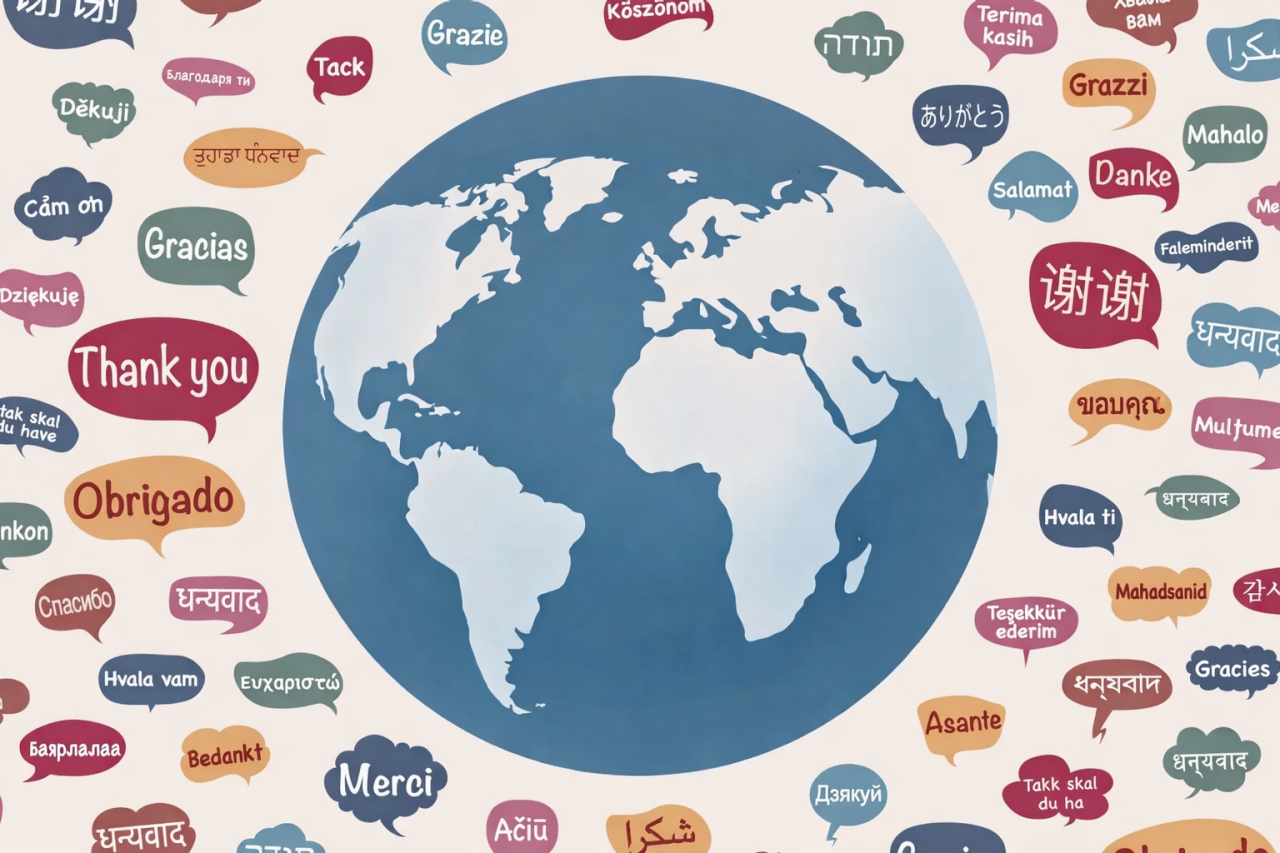How to Love by Faith as a Biracial Person

America’s Black and white cultures converge in my life. I simultaneously live in both as a biracial woman.
The issue of racial tension and hope for reconciliation has come to the forefront of our political and social spheres. My heart hurts from the hardships my people face in this country and the hardships my ancestors bore for hundreds of years.
Navigating the whiplash of political views and social miscommunication from my two communities is part of my hardship. I often struggle under the weight of harsh words and misunderstandings. Yet, through it all, Jesus is my rock and fortress in times of trouble (see Psalm 18:2).
God Made All People in His Image
There is a large divide between what people from ethnic minority cultures in the United States experience and what people from the majority culture experience. Though this divide also exists in the church, God has done a work in my life.
Growing up, I was not taught a theology of God’s design for human ethnicities. But in college, my ethnicity and my spiritual life began to be knit together.
Through His Word and His people, God shows me how I am made in His image — ethnicity and all. He stirs in my heart a desire to affirm the ethnicities and cultures of others because the gospel is good for every culture of every nation.
God created every ethnicity of every nation. And in the end, they will all praise Him. We will all praise Him together.
It’s Hard Being Bicultural Because ...
The past year has been difficult. I feel burned out from conversations about race and ethnicity and even hurt by the responses of Christians in my life.
The Lord placed it on my heart to do an outreach on my campus as part of my ministry with Cru. We used chalkboards to pose two questions to students passing by on campus:
“It’s hard being ____ (ethnicity) because … ”
and
“What does God think about your ethnicity?”
The goal was to expand the campus perspective and to dialogue about diversity and faith. But the reaction was not what we expected.
While students from a variety of backgrounds chose to share their perspectives, some — particularly those who were ethnic minorities — were upset. There was misunderstanding about the purpose of the outreach.
My heart was heavy for weeks, and I felt out of place trying to lead majority culture students in a biblical understanding of culture and ethnicity while simultaneously feeling rejected by ethnic minority students on campus.
My mind raced with questions about where I fit in as an ethnic minority believer and how I should bridge the divisions present on my campus.
I felt misunderstood on all fronts. My immediate reaction was to curl up and hide from the world, but the Lord slowly drew me out. He used people in my life to encourage me, and He humbled my heart.
Today, I continue to share about race and ethnicity and faith with my students.
The Lord has opened doors for me to build connections with some of the ethnic minority students on campus through multicultural clubs. Even though my plans to foster the conversation didn’t go as I wished, the Lord is still at work.
Jesus Shows Us His Way
I do not possess the strength to love my enemies, or sometimes even my friends. I do not have the courage to have hard conversations. And I don’t know how to lead my students and friends when I lack hope.
But the gospel reminds me that I do have an ultimate hope in God, who sees and knows the injustices His people face and who laments with us.
I don’t have perfect answers to loving by faith, but I know my God supplies what I need. My God — who convicts, soothes and loves me radically — knows my innermost being. I look to Him when my soul is angry or weary or anything in between because He sacrificed everything for me.
When we find ourselves struggling to love others, let’s love by faith through the example of Jesus found in Philippians 2:1-8 (English Standard Version):
So if there is any encouragement in Christ, any comfort from love, any participation in the Spirit, any affection and sympathy, complete my joy by being of the same mind, having the same love, being in full accord and of one mind.Do nothing from selfish ambition or conceit, but in humility count others more significant than yourselves. Let each of you look not only to his own interests, but also to the interests of others.Have this mind among yourselves, which is yours in Christ Jesus, who, though He was in the form of God, did not count equality with God a thing to be grasped, but emptied Himself, by taking the form of a servant, being born in the likeness of men.And being found in human form, He humbled himself by becoming obedient to the point of death, even death on a cross.When our identity is rooted in Christ, we have the ability, by faith, to follow His example and move toward others in loving humility.
We may feel alone, and we may make mistakes. But building bridges, seeking understanding and affirming the value of the cultures the Lord has made all people to have is absolutely worth it.
Next Steps:

























